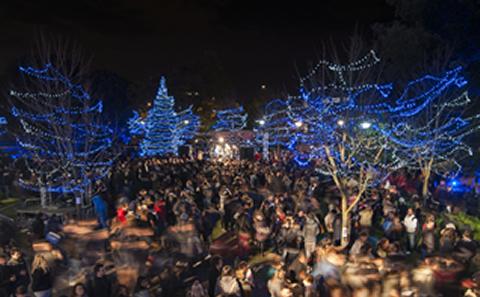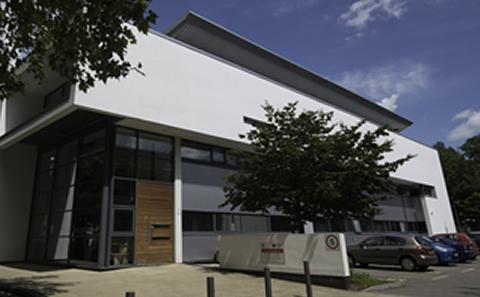
Linking up with others
Find out more about our worldwide community. Seek out old friends or develop your professional contacts.
When you graduate from Biological Sciences you will become part of the University’s global community of over 183,000 alumni.
The University has branches and groups in 173 countries. As a former student you will be able to take advantage of a range of benefits, services and events.
Wherever you are in the world we would love you to stay in touch with us and with your fellow alumni from Biological Sciences and across the University.

Find out more about our worldwide community. Seek out old friends or develop your professional contacts.

From lifelong access to University resources to discounts at selected retailers, there are many benefits.

The alumni Relations Office organises events throughout the year in the UK and overseas.

Lifelong access to the University’s careers service.
Find out what our alumni have to say about their time at Southampton and what they are doing now.